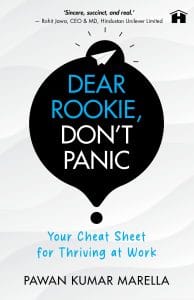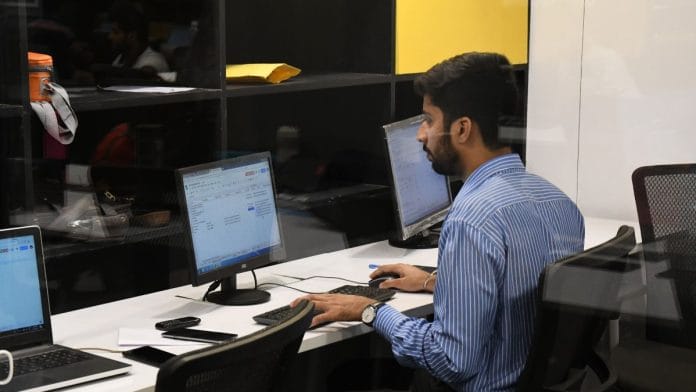If we want a promotion, we need to desire it, work for it, and ask for it. But what happens when you cross these hurdles and still don’t get what you want? This is where many people stumble. The confidence built from overcoming obstacles often creates a confirmation bias that success is guaranteed. Yet sometimes, luck isn’t on your side, you are in the wrong place at the wrong time, or someone else simply does everything you did but better. In such scenarios, there are typically three responses:
- Quitting in frustration, often leading to impulsive choices later regretted.
- Waiting passively, risking being overlooked when external candidates are favoured.
- Evaluating what happened, dusting off disappointment, coming back stronger by improving yourself and your impact, and assessing options thoughtfully yet decisively.
The third approach is the most constructive, helping you accept the consequences of your choices and grow from them. Let me illustrate this with a personal story from my career.
In 2010, I was expecting a promotion and pay rise. Riding on this expectation and taking advantage of falling real estate prices post the 2008 financial crisis, my wife and I decided to buy a property, stretching our means and banking on the anticipated pay rise to cover the mortgage. Then came the gut punch: my boss informed me that the promotion wasn’t happening immediately. Instead, the offer on the table was to switch to another role at a higher level, contingent on availability and someone being willing to take me on. Faced with this challenge, three things happened:
- I found a new role, with the promotion dependent on my performance in the first six months. I poured every ounce of energy into proving myself, learning invaluable lessons about going above and beyond.
- A frank discussion with my wife led to collaborative financial management, including downsizing our living arrangements to ease the burden.
- This challenging period ultimately led to my dream job, showing that sometimes, adversity paves the way for opportunity.
This experience taught me that when faced with career setbacks, the most constructive approach is to evaluate, adapt, and persevere. By choosing to improve myself, reassess my options, and make thoughtful decisions, I not only overcame the immediate challenge but also positioned myself for greater opportunities. It reinforced that the path to career growth isn’t always linear and that how we respond to setbacks can often be more important than the setbacks themselves.
PS: A great TED Talk related to this topic is by Valerie Kondos Field, titled Why Winning Doesn’t Always Equal Success. She emphasises the importance of being champions in life and not just in competitions.
Sometimes things don’t go as planned, but what truly matters is how you approach, respond to, and move forward from the situation.

This excerpt from Pawan Kumar Marella’s ‘Dear Rookie, Don’t Panic’ has been published with permission from Hay House Publishers, an imprint of Penguin Random House.






